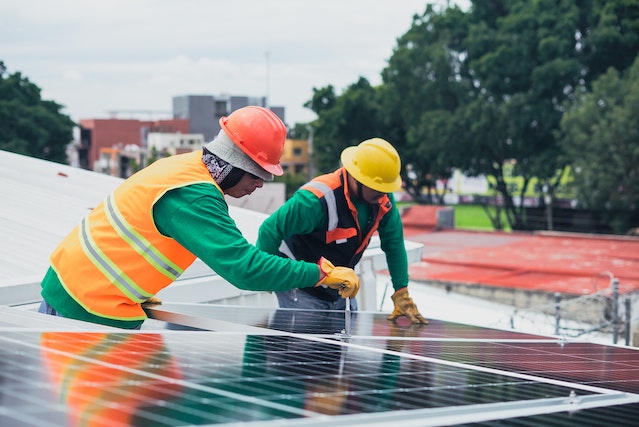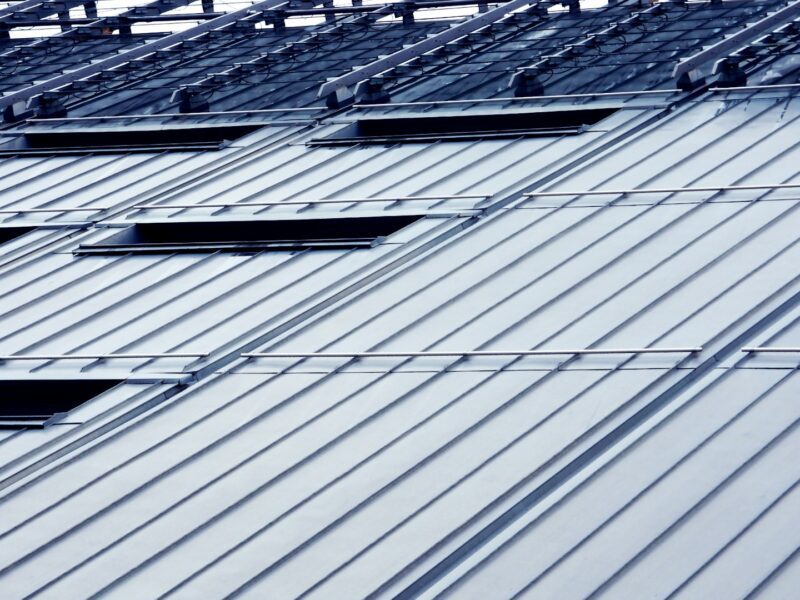The first step to installing a solar panel is to choose a location where you can get maximum sunlight at the right time. Also, take into consideration the growth of trees in the area. Then, it would help if you considered the energy you need for your home. The amount of electricity needed for a given household depends on many factors, including the size of the home, the number of rooms, and appliances.
Contents
Equipment Necessary for Installation
If you’re planning to install solar panels on your roof, you’ll need to purchase the proper tools. Several tools necessary for solar panel installation are common, and most have been around for decades. The tools you’ll need aren’t expensive, but they can make the installation process go much more smoothly.
Determine how much power your house uses daily. This can be figured out by making a list of your appliances. These might include television, lights, and fans. Once you’ve done this, add up how long they run daily. Make sure you check your appliances’ power ratings and specifications before installing a solar system.
Lastly, you must check the rules of your homeowner’s association. Some buildings have stricter rules than others. Your homeowner’s association may have restrictions and will require a license to install a solar system. You may also need to upgrade the service panel. If your service panel is too old, it might be difficult to find replacement parts. Depending on your needs, a licensed electrician can help you upgrade the service panel.
Regulations Affecting Solar Panel Installations
Solar panel installations are a growing industry in the United States, but there are specific regulations regarding their placement in buildings. These regulations may differ from place to place, but generally, they are designed to keep the environment safe and promote clean energy. In addition to federal requirements, private entities must adhere to local zoning regulations to ensure that solar energy projects do not impact the local environment.
These regulations affect how solar panels are installed, including how much solar power a property can produce. Federal policies are designed to help consumers save money by reducing their energy bills. They also help stabilize the grid by mandating utility purchase power from qualifying facilities.
Cost of Installation
The cost of installing a solar panel will depend on several factors. These include the size of the panel, the company that makes it, and the location where you want it installed. In many cases, solar panel systems are priced as a package, which includes labor and materials. There are also tax credits available, and state subsidies for solar power systems may help lower the overall cost of installation.
A home with two people uses about 10,000 kilowatt-hours of electricity per year. The number of solar panels you need will depend on your energy needs. You might need more panels if you’re in an area with hot summers. The wattage of the solar panel will also determine the overall cost.
Placement of Panels
The solar panels should be placed at the most optimal angle for solar energy production. This angle will depend on factors such as the type of roof and seasonal sunlight. The following guidelines may help you determine the best placement for solar panels:
1. Orientation: In a sunny area, solar panels should be placed in the south.
2. The position of the sun: In the northern hemisphere, the sun is lower on the horizon during winter. This makes it more difficult for solar panels to capture energy in the winter. One way to counteract this effect is to position solar panels at a steep angle. In the northern hemisphere, this may mean placing the panels on the east or west sides, but it is unnecessary.
Performance of Panels
Many different factors can affect the performance of solar panels. These include the age and natural usage of the panels, but sometimes they result from poor installation. A good way to monitor the performance of solar panels is to monitor your electricity bill. However, it can be tedious and add to your already long list of tasks. For this reason, some solar panel monitoring devices are available. These devices will let you see how much electricity your solar panels produce and the greenhouse gas reduction.



